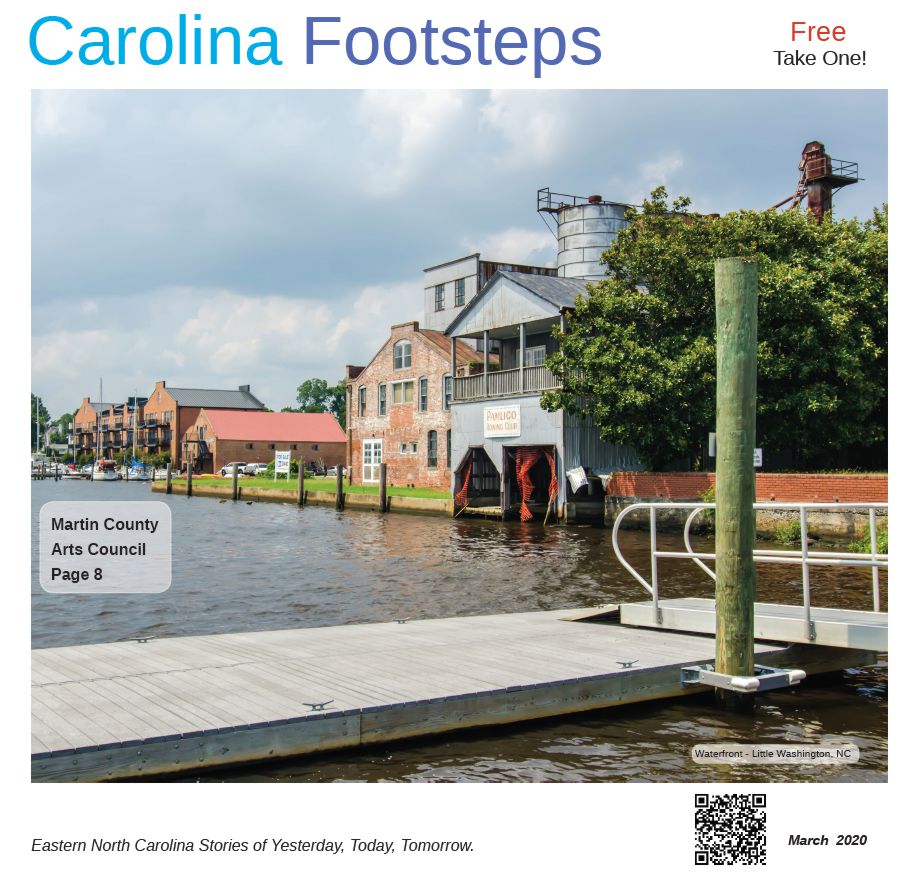I'm very pleased with the news that
Aldi's and Lidl's, major organic retailers will be locating stores in
Elizabeth City. They will be major upgrades in the quality of our
local organic food options. Let's dig a little deeper into those
options. Those companies are huge players in the global organic
market, and have identified Northeast N.C. As a market that can
support two of the top ten leaders in retail organic sales. I'll
accept their market research.
Because of their research the “Organic
Capital of the World” initiative is within reach. Our long growing
season, great transportation logistics, and now our new international
neighbors should serve as an incentive and wake up call to build
certified organic enterprises in our agriculture based economy, that
will be sustainable and a major contributor to the Northeast North
Carolina economy.
Here's why. Dr. Shimeng Liu, writing in
the Journal of Urban Economics, suggest that the regions where the
United States Government made land grants to universities back in the
1860's, have flourished in the 21st century. That
correlates with USDA economist Lyman Stone's assertion that
universities will be the savior of small towns, primarily because
they hire smart people that stay in the community and further the
institution's mission. The caveat is the mission. If educational
institutions desire community support, the institution must align
their curriculum to enhance the community. In Northeastern N.C.
That's AGRICULTURE.
Connecting the dots, ECSU's Non-Land
Grant status granted in February/2017, allows them to receive
agricultural resources from the U.S.D.A.'s $500 billion dollar farm
bill, and private agricultural interest. I've been lobbying for ECSU
to attempt to acquire (certified organic laboratory) accreditation so
that our local agriculture enterprises have a servicing agency in the
region and for that matter in the state. A certified lab guarantees
sustainability.
Local leadership must pay attention,
and this column will be used as a reminder.
Recently, I had an inquiry about high
tunnels. High tunnels are a low-cost technology used for producing
crops including vegetables and fruits. High tunnels protect the crops
from weather extremes, rainfall, pest and other factors that reduce
marketable yield and quality. I estimate that three high tunnels, can
yield approximately 17,000lbs or 8.5 tons of produce a year. Three
high tunnels can easily fit on an acre of land. And F.Y.I. robotic
systems are being developed by such entities as M.I.T. for maximum
yield, all underwritten by USDA Rural Development resources.
Finally, I envision small organic spin
farms (1-2 acres) popping up all over the region, with their owners
making their own deals, contributing clean food to America's food
chain, and providing sustainable enterprises and careers for
generations. “The Organic Capital of the World”.
Recalls:Multiple Turkey and Chicken
products made by Green Cuisine Est. P40299, for Trader Joe's.
Products were contaminated with
extraneous material, specifically hard silica and glass fragments.
Whats in your diet -- Dec 2017 by Warren Green
 Reviewed by kensunm
on
7:00:00 PM
Rating:
Reviewed by kensunm
on
7:00:00 PM
Rating:
 Reviewed by kensunm
on
7:00:00 PM
Rating:
Reviewed by kensunm
on
7:00:00 PM
Rating:







No comments: